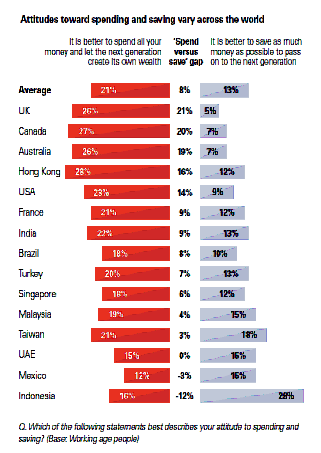By Jonathan Chevreau
Following last week’s federal budget, the Hub ran a piece making the case for immediately topping up annual contributions for Tax-free Savings Accounts (TFSA) from the existing maximum $5,500 to the proposed $10,000.
As we later reported in our weekly media roundup on Saturday, the Canada Revenue Agency and most major banks had by the end of the week confirmed it should be okay to make those contributions now, without having to wait for formal legislation later in the summer.
At the end of the earlier piece, I asked readers for comments. We reproduce them below, using initials where we’ve not gotten permission to use actual names.
We’ll start with Brad A:
Really appreciate your articles on TFSAs. I only make 25K a year & love TFSAs. This whole talk about future lost revenue makes me cringe because there are many other loopholes/tax shelters that also create future lost revenue … principal residence real estate being just one. Don’t get me started on subsidies for medical or business expenses etc. etc. Having said this though, I’ve had enough trouble with Revenue Canada, that any time I get a brown envelope in the mail, my heart starts to pound. So, for now, I’ll probably play the waiting game on the extra $4,500. I don’t normally vote conservative but this election it’s going to be tempting because my TFSAs & RRSPs are about the only thing that will keep me out of poverty when I’m older.
Continue Reading…






